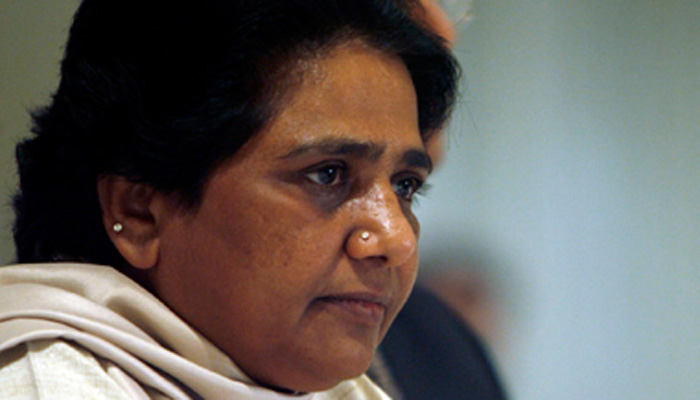
Kumari Mayawati’s Resignation – A Wake-up Call for Everyone
Kumari Mayawati, former Chief Minister of the Uttar Pradesh (UP) and one of the most prominent faces of Dalit-Bahujan politics surprised the country when she furiously resigned from Rajya Sabha on Tuesday when she was heckled for speaking on the ongoing tensions in Saharanpur, (UP) between the Dalit community and the Thakurs.
Saharanpur comprises 40% of the Dalit community and an almost equal proportion of their Thakur counterpart. The status quo in this western UP city is abysmal for the Dalits, who are being threatened, ostracized and subjected to institutional violence.
Many believe that there is a close nexus between the Thakurs and the recently elected Bharatiya Janata Party (BJP), result of which Thakurs are enjoying impunity and state protection even after burning Dalit villages and subjecting violence against Dalit women. The Wire suggests that there have been instances where Thakur youths have vandalized Guru Ravidas and Dr, B.R Ambedkar’s statues. [1]
These sporadic atrocities have exposed the BJP’s deceiving ‘Dalit card’ which integrates Dalits into the Hindu fold when given a call for a Ram Mandir and operates backstage to vandalize Dalit icons who taught them to be self-reliant.
In an atmosphere of fear, where the Dalits of Kushinagar district receive soaps and shampoo sachets ahead of the CM’s visit, Kumari Mayawati has incessantly spoken against the repulsive actions of the state and the central government.
Heckling Kumari Mayawati in the Parliament and alleging her resignation to be ‘political’, the ministers and many such ‘revered’ political commentators have only shown their perpetual apathy and superficial revolutionary talks, ranging from the institutional murders of Dalit students to mob lynching particularly targeted against the Dalits and Muslims.
It is high time the Parliament did something substantial instead of censoring leaders for questioning the government’s failures. A leader of Kumari Mayawati’s stature resigning from the Parliament should be seen as an act of instilling self-respect and a wake-up call, indeed for the Parliament that if India is truly to be a representative democracy, it no longer can continue turning blind to issues that affect the socially and economically oppressed.
[1] NASKAR S May 2017, For Dalits in UP’s Shabbirpur, Caste violence and No Compensation Form a Cycle of Violence: Synopsis [online], Available from https://thewire.in/137647/dalit-up-shabirpur-caste-atrocities/ [Accessed 19 July 2017]
Author – Anitya



+ There are no comments
Add yours